Ideas, opinions, politics, humanities
-
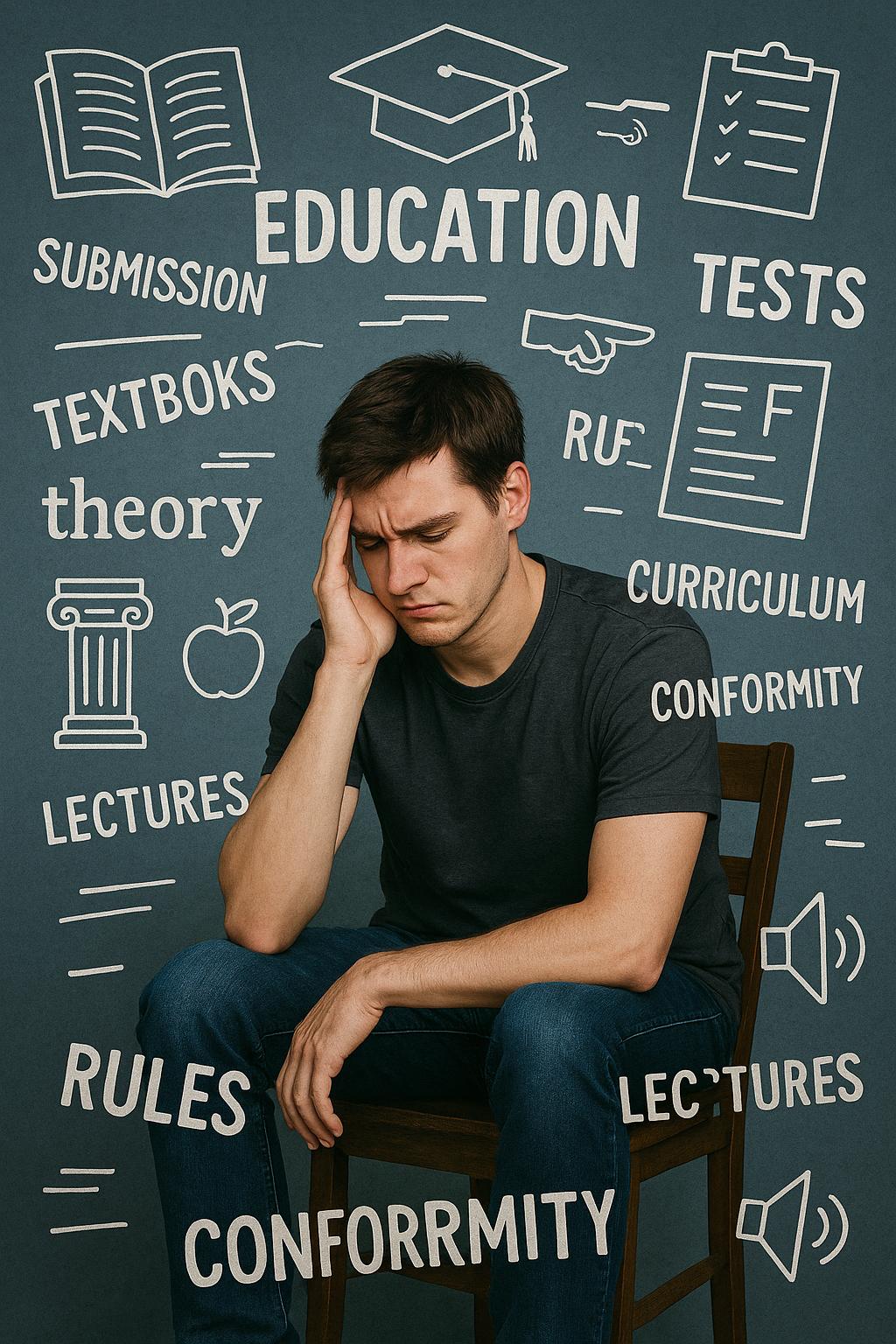
Education at its maximum? Give me a break
Education at its maximum? Give me a break They say they want to educate you at the maximum level. These lies cannot be bigger. Not only would educating people at its maximum mean lifelong education, but the form of education would be completely different. Curriculum only beneficial to the super-rich Literature, physics, chemistry, biology, geography,…
-
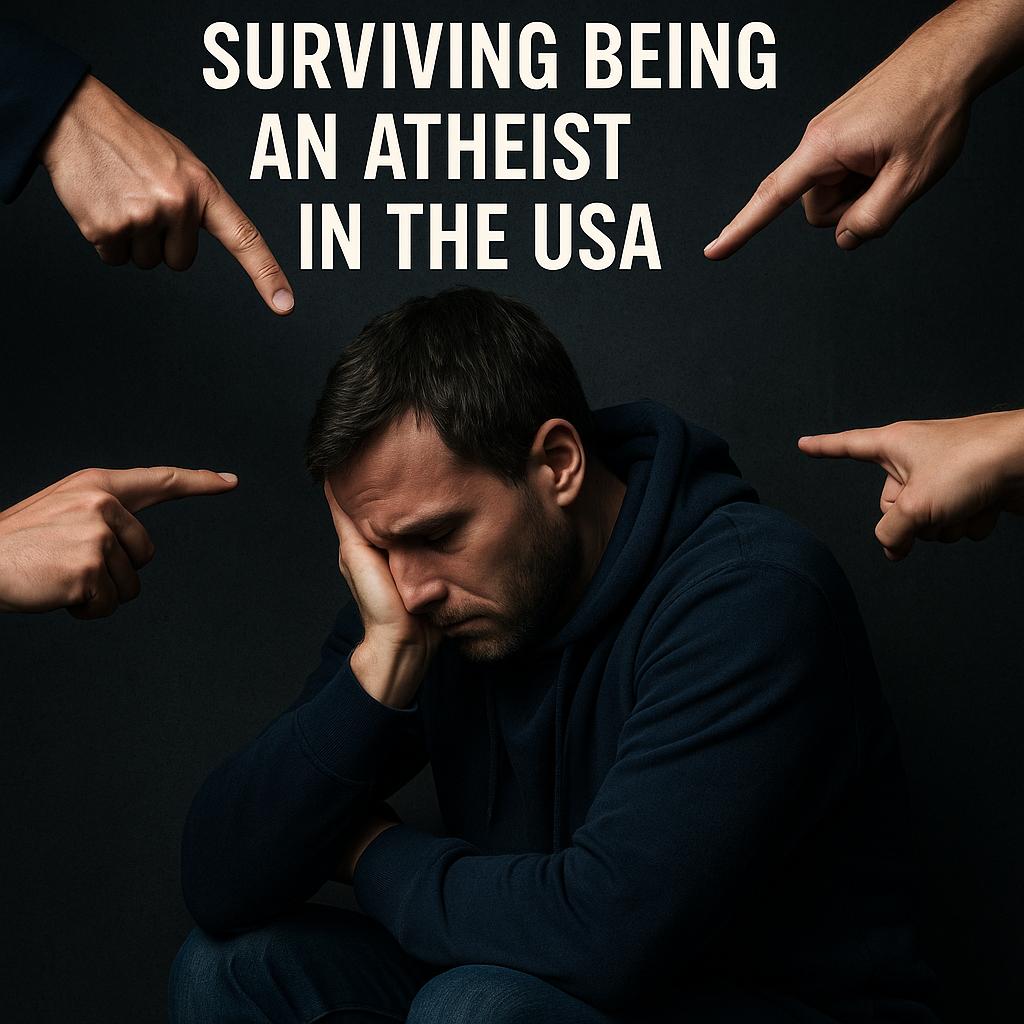
Surviving being an atheist in the USA
The United States is a paradox. It was founded with secular principles. Yet belief in God still dominates. Churches line every street. Presidents end speeches with blessings. Children pledge allegiance under a deity. Atheists do exist—millions of them. But in many corners of the country, they walk silently. Their disbelief is not just personal. It…
-
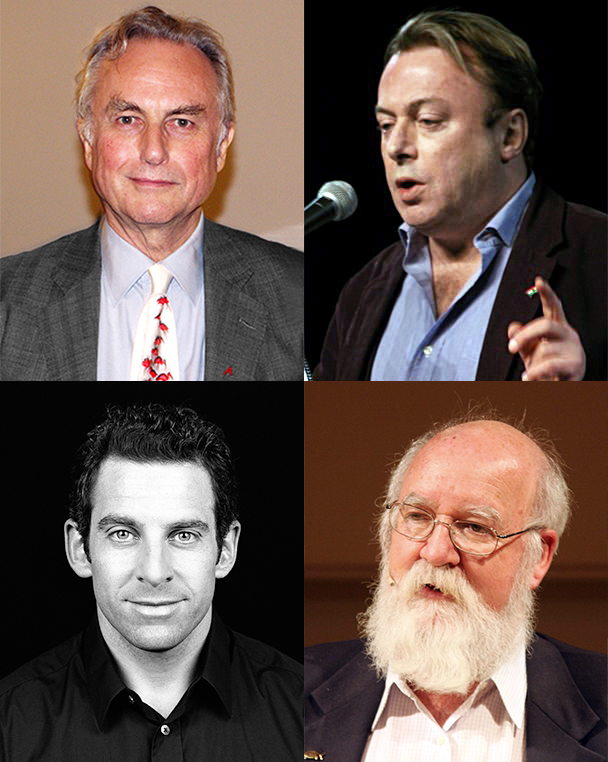
Impact of New Atheism
For decades, atheism lived in the margins. It spoke in footnotes, whispered in cafes, or lived silently in the minds of scientists and skeptics. Then came 9/11. With it emerged a wave of unapologetic atheism that wasn’t content to stay silent. This was the birth of New Atheism. New Atheism wasn’t just about disbelief in…
-
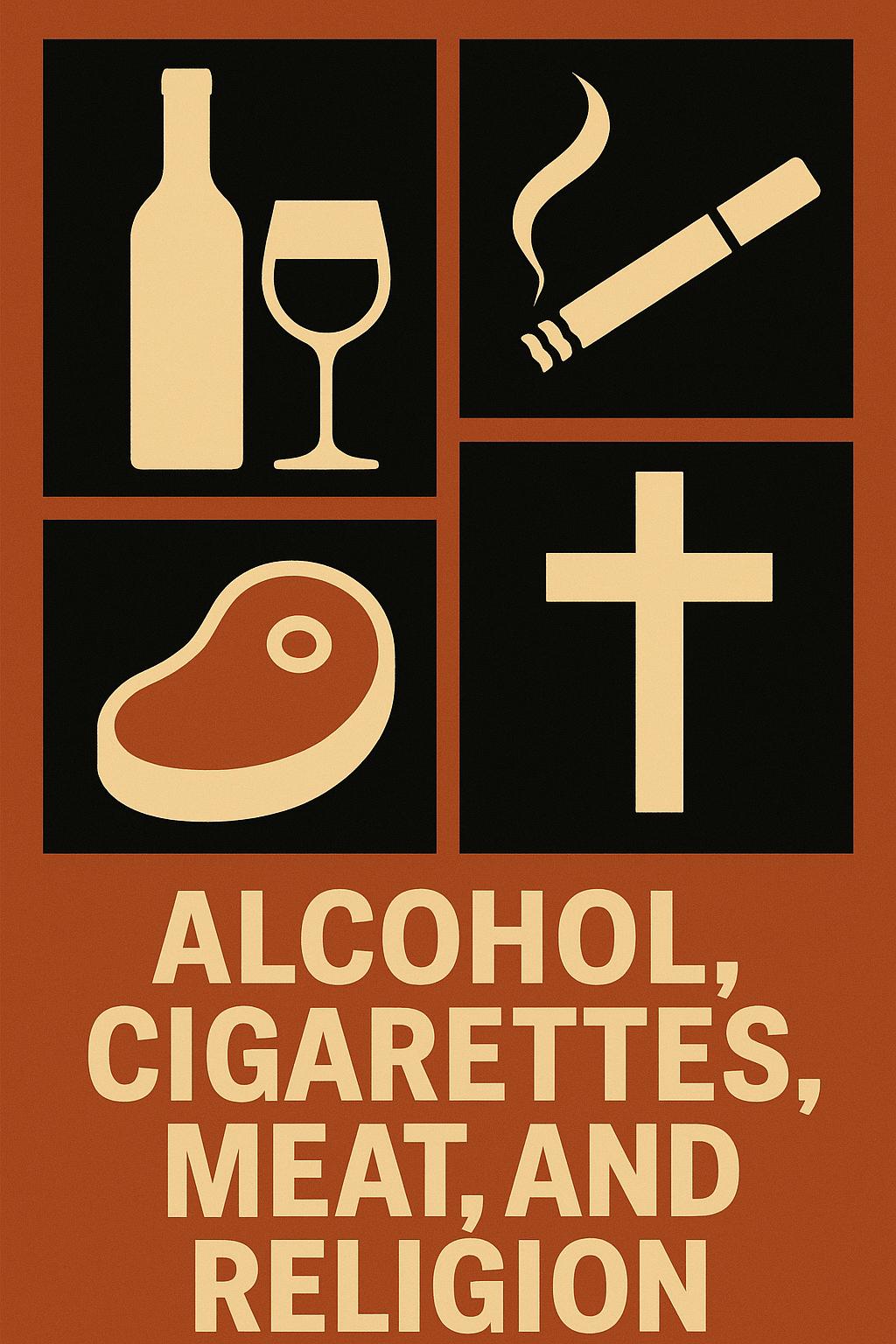
Alcohol, cigarettes, meat, and religion
A politician today can lie daily, cheat openly, start illegal wars, drown society in surveillance, and still be reelected. But if he dares to ban alcohol, raise the price of meat, restrict cigarettes, or mock religion—he is finished. These are the untouchable icons. Not justice, not freedom. Not truth. Just four things: alcohol, tobacco, flesh,…
-
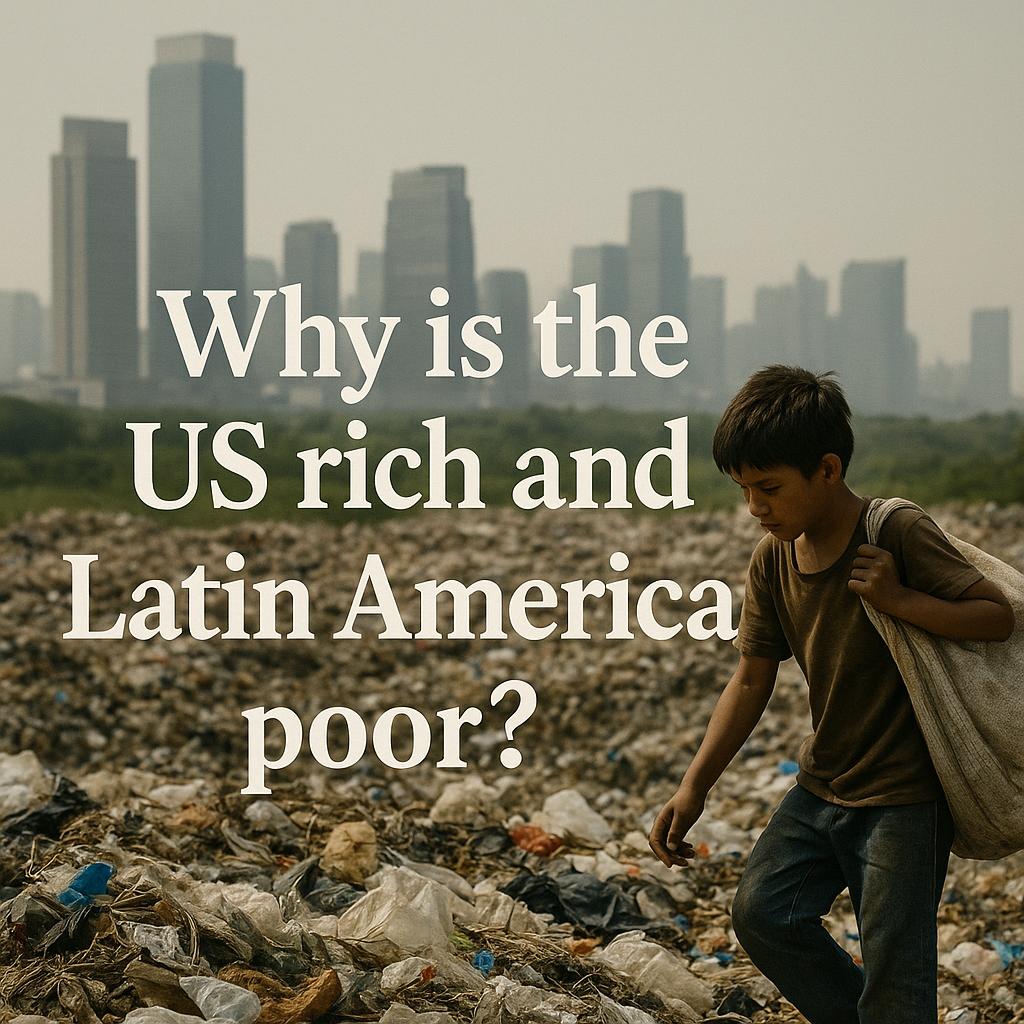
Why the US is rich, Latin America poor?
Two vast regions. One hemisphere. Both blessed with rich soil, vast forests, and natural resources; both colonized by Europeans. Both fought for independence in the 18th and 19th centuries. And yet, one became a global superpower while the other remains locked in cycles of poverty, corruption, and inequality. Why did the United States soar while…
-
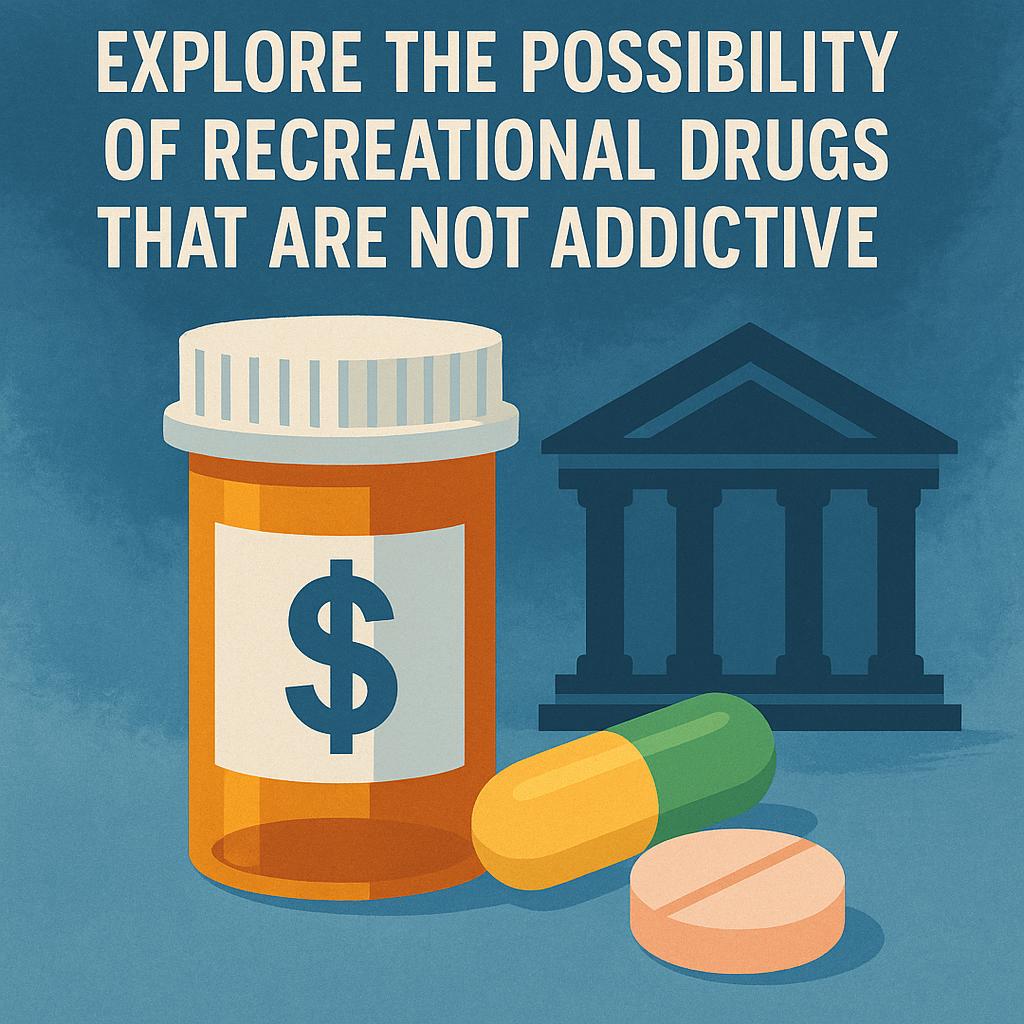
Explore the possibility of recreational drugs that are not addictive
People have always wanted to change how they feel. From ancient plants to modern pills, they chase pleasure, escape, or peace. Most of the time, that comes at a price—addiction, damage, or loss of control. But what if it did not? Could science create drugs that feel good without making us dependent? Can we enjoy…
-
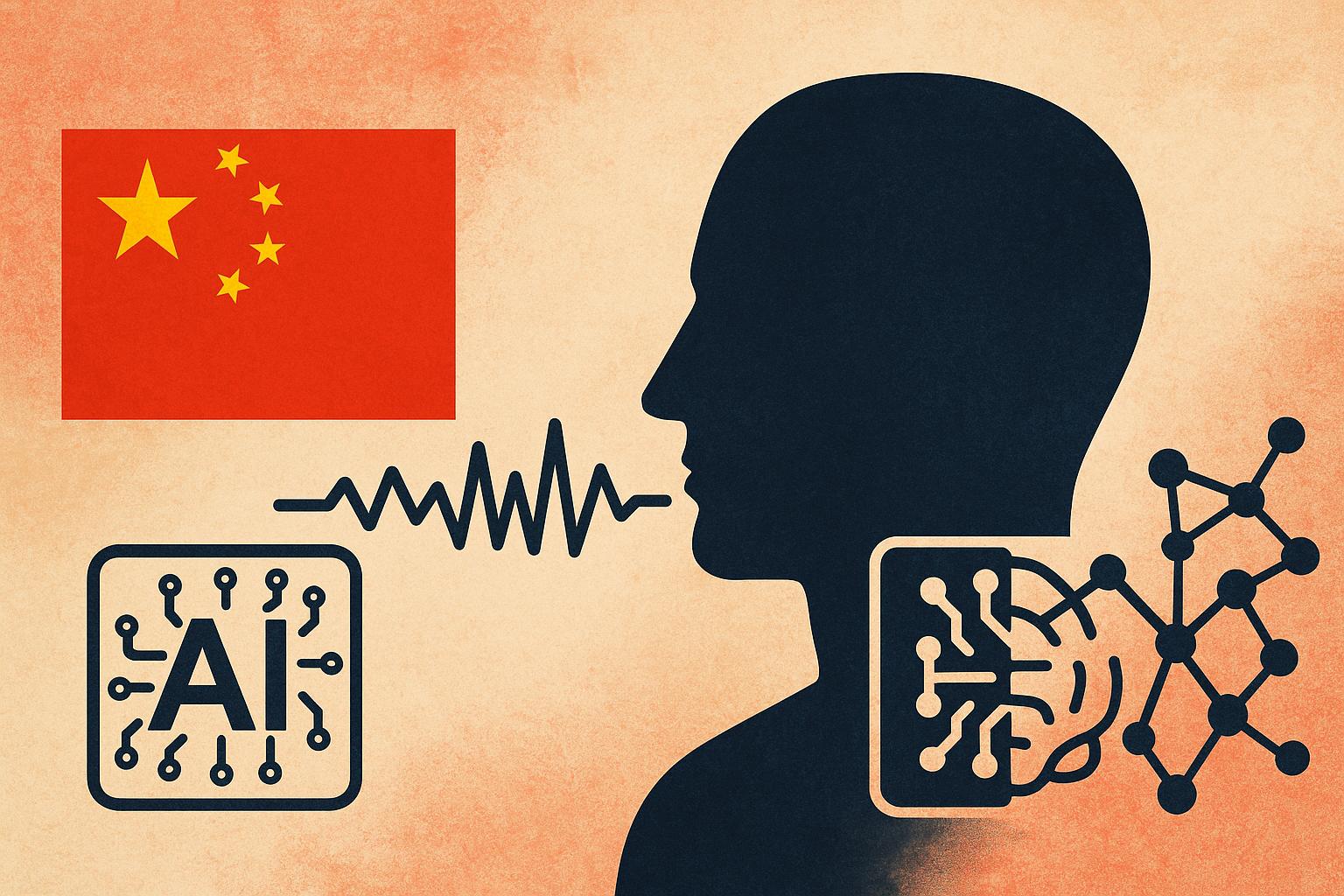
China: The language no one can cross
China trades with the world. It builds roads across continents. And it offers infrastructure deals and shipping ports. It signs deals with Africa, Latin America, Southeast Asia, the Middle East. But it builds no real friendships. Even countries that benefit from Chinese trade speak cautiously. They do not trust its motives, they do not share…
-

Israeli-Palestinian conflict: How to retain objectivity
I do not cry at funerals (etc.) because I suffer from flattened emotions. I have no ancestral pain, no religious loyalty, no emotional trigger in this war. That does not mean I cannot choose a side. I can. And I do – slightly the Israeli one. But I do it rationally. I weigh risks, intentions,…
-
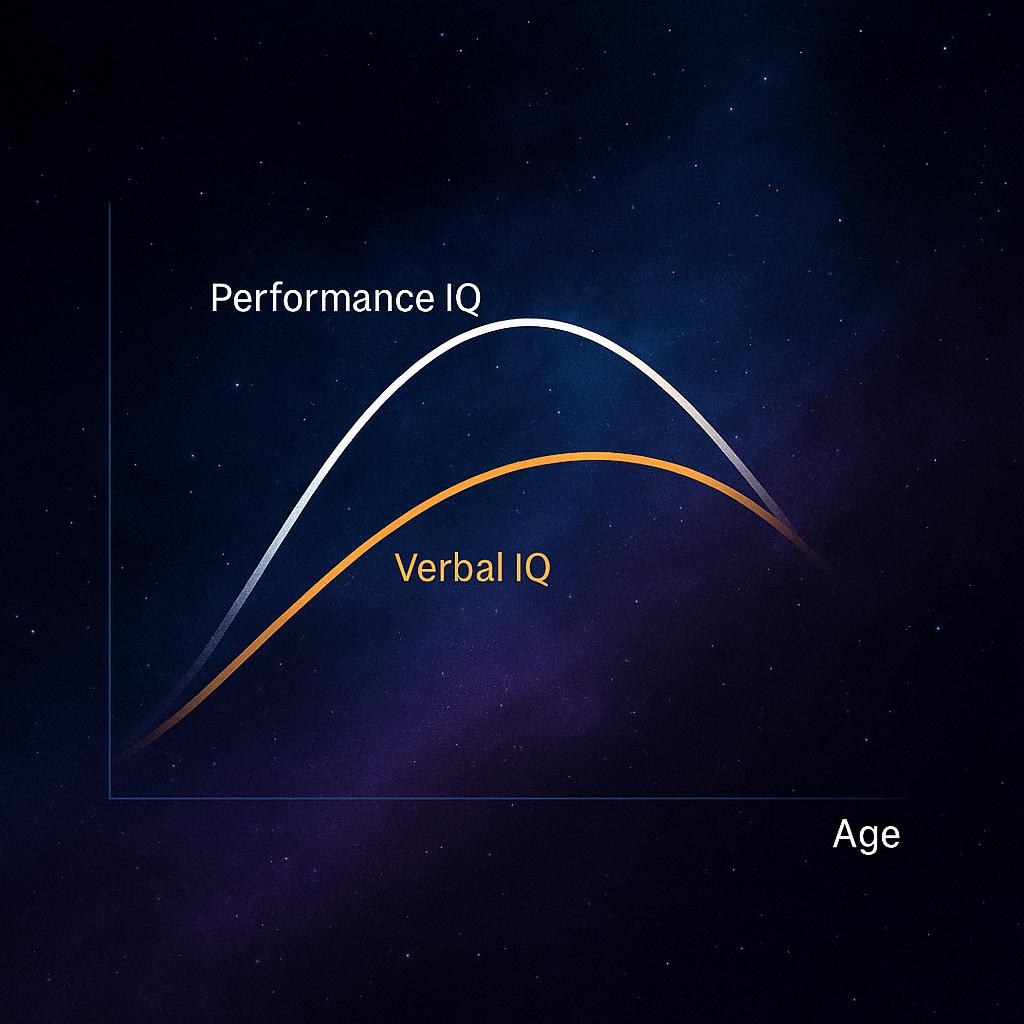
IQ and when do scientists reach their peak?
People think science is about genius. One great mind, one breakthrough, one flash of insight. But in truth, scientific achievement depends on many kinds of intelligence. And those kinds peak at different times. The myth of a single IQ peak IQ is not one thing. It splits. Performance intelligence (fluid) handles abstract reasoning and novel…
-
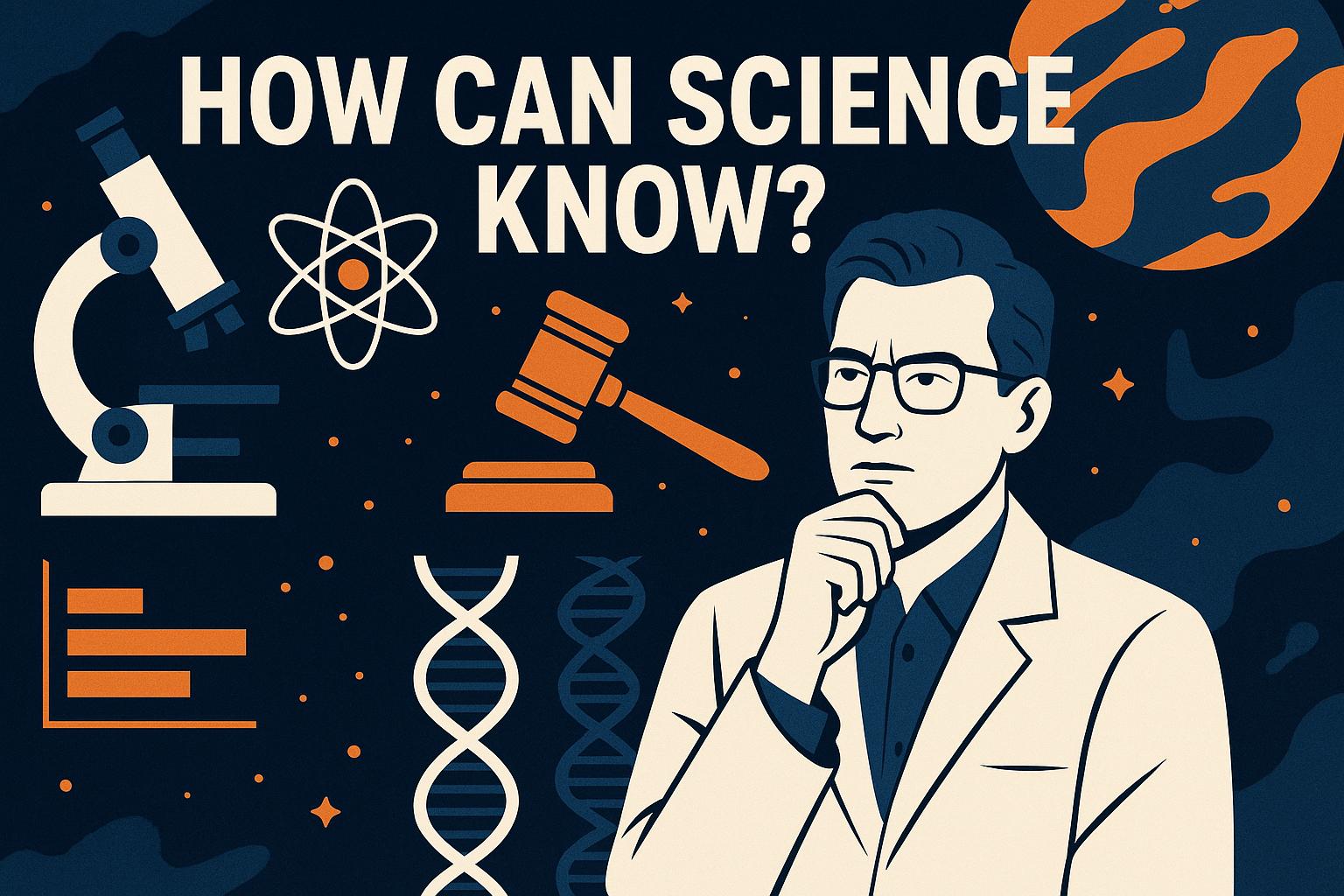
How can science know? Here’s everything you need to know
People have always asked what is true. But few stop to ask how we know. Science stands alone. It does not claim truth from tradition, divinity, or emotion, it demands evidence. It survives through failure. And it grows by refining its own mistakes. Knowing is not magic. It is a method. Primitive knowing – survival…